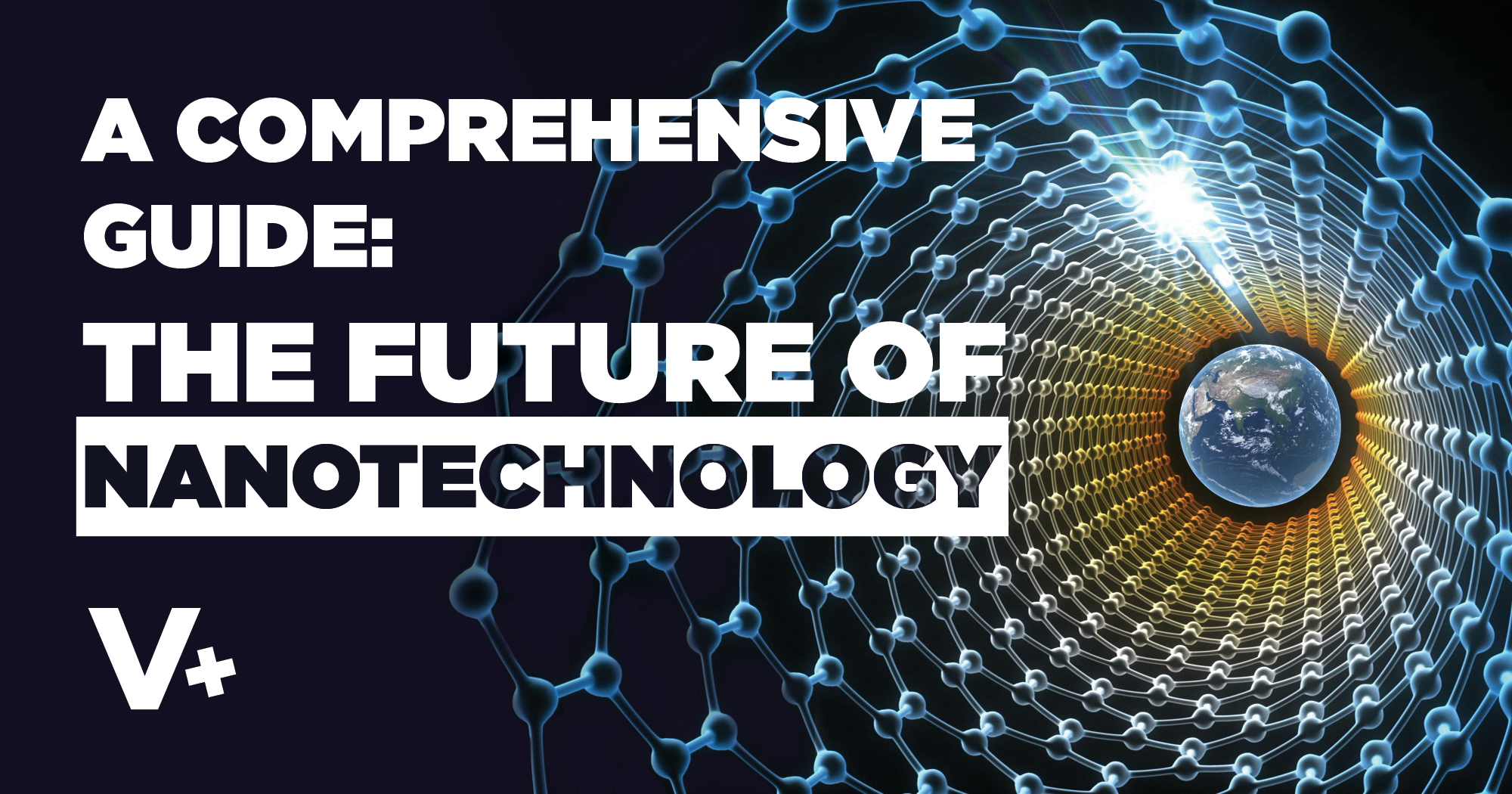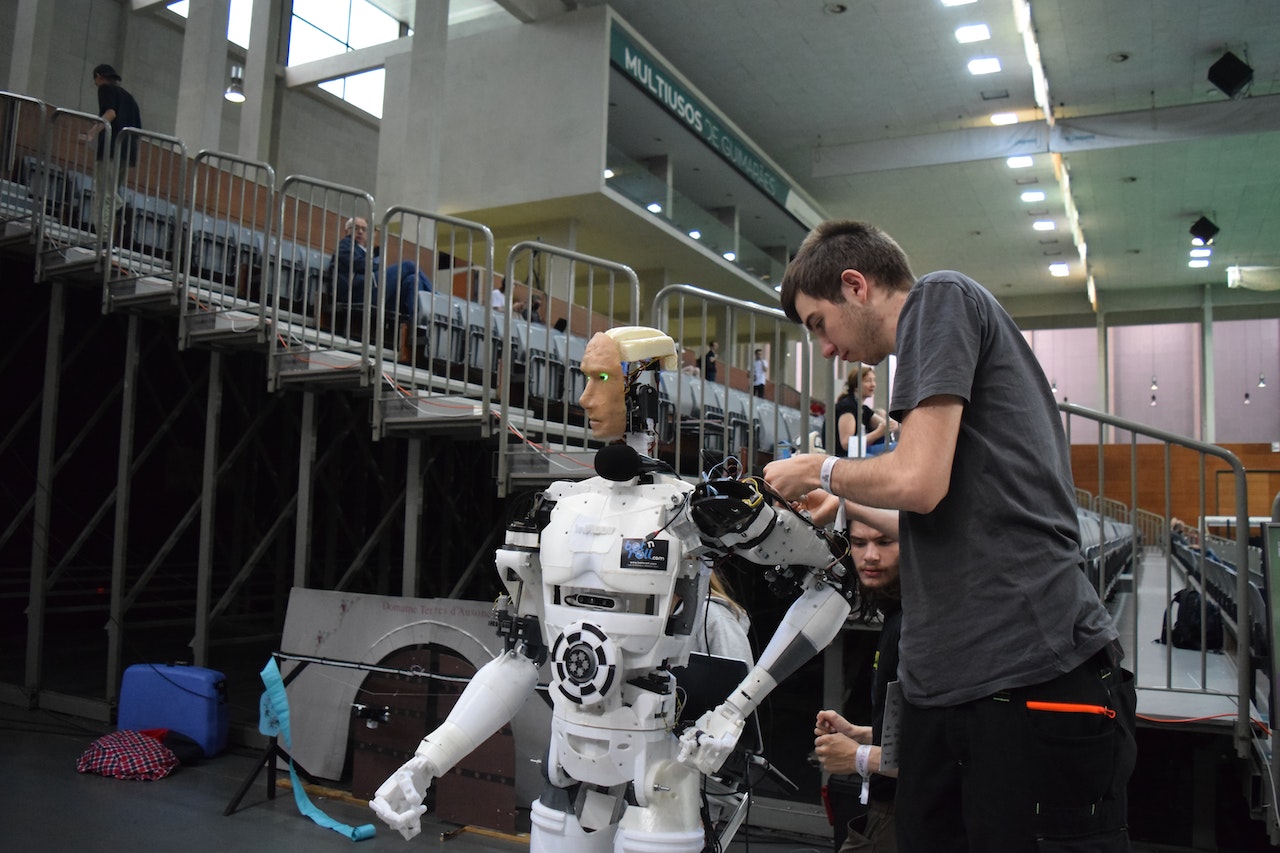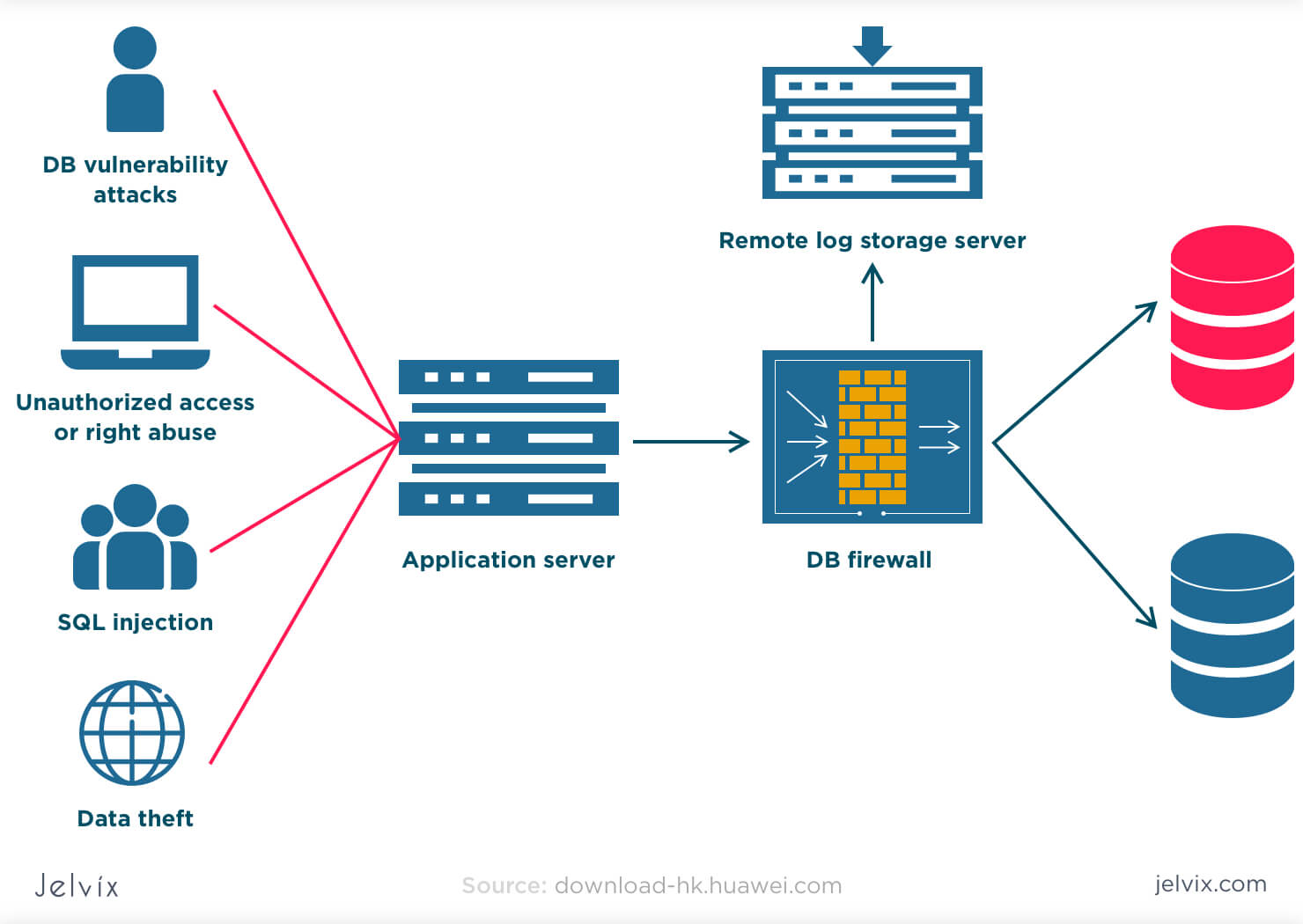Unlocking the Potential of Nanotechnology – A Look into the Future
Nanotechnology has been a buzzword for years, but what exactly is it? In simple terms, nanotechnology involves manipulating matter at the atomic and molecular scale to create new materials, devices, and systems with unique properties and functionalities. This field holds immense potential for numerous industries, ranging from medicine and electronics to energy and manufacturing. In this blog post, we will explore some exciting future applications of nanotechnology and discuss how it could revolutionize our lives.
1. Medicine and Healthcare:
Nanotechnology has the potential to transform the field of medicine. Researchers are developing nanoparticles that can selectively deliver drugs to specific cells, reducing side effects and improving treatment efficacy. Nanobots or nanorobots could be used for targeted drug delivery, surgery on a cellular level, and even removing plaque from arteries. Furthermore, nanosensors could detect diseases at an early stage, enabling more effective treatments.
2. Electronics and Computing:
The electronics industry is constantly seeking ways to make devices smaller, faster, and more efficient, and nanotechnology could provide the solution. Nanoscale transistors, known as nanotransistors, will enable the development of more powerful and energy-efficient computers. Nanotechnology is also opening up possibilities for flexible and transparent electronics, such as wearable devices and flexible displays, which could revolutionize the way we interact with technology.
3. Energy and Environment:
With the world facing pressing energy and environmental challenges, nanotechnology could play a crucial role in finding sustainable solutions. For instance, nanomaterials are being developed for more efficient solar panels, lightweight and high-capacity batteries, and improved energy storage. Nanotechnology could also aid in water purification by creating nanomembranes capable of filtering out contaminants with high precision. This technology has the potential to address global issues and promote a more sustainable future.
4. Manufacturing and Materials:
Nanotechnology has the potential to transform the way we manufacture products. By creating nanoscale materials with enhanced properties, such as increased strength or conductivity, manufacturers can develop lighter and more efficient components. Additionally, nanomanufacturing techniques can enable the precise fabrication of complex structures and miniaturized devices, opening up new possibilities for product design and innovation.
5. Agriculture and Food:
Nanotechnology can revolutionize agriculture by enhancing crop yields, improving food quality, and reducing environmental impact. Nanosensors can monitor soil conditions and provide real-time data on plant health, optimizing irrigation and fertilization. Nanoparticles can be used for targeted delivery of pesticides, reducing their overall use and minimizing their impact on the environment. Nanotech-based food packaging can extend shelf life, reduce waste, and ensure food safety.
The possibilities offered by nanotechnology are vast and hold the potential to greatly impact various industries and improve our daily lives. However, there are also ethical and safety considerations that need to be addressed to ensure responsible development and utilization of this technology.
In conclusion, nanotechnology presents a promising future with groundbreaking advancements and transformative applications across different sectors. From personalized medicine and high-performance electronics to sustainable energy solutions and improved food production, the potential of nanotechnology is vast and exciting. As researchers and scientists continue to unlock its potential, we can look forward to a future where nanotechnology plays a vital role in shaping a better world for us all.











